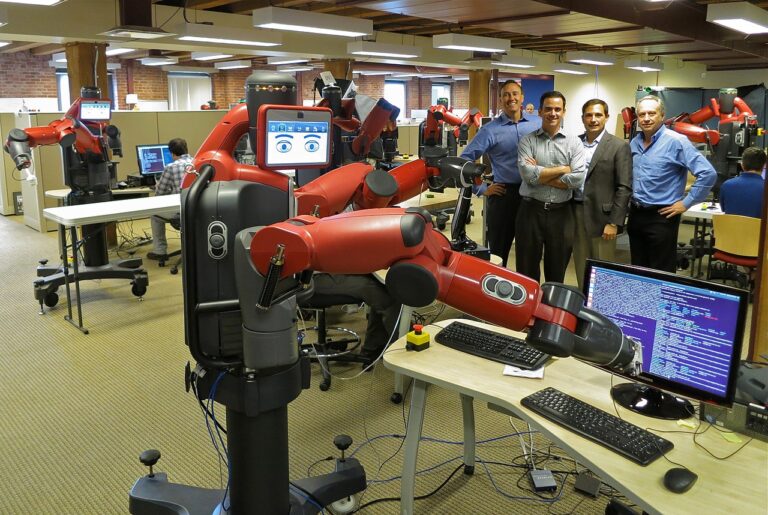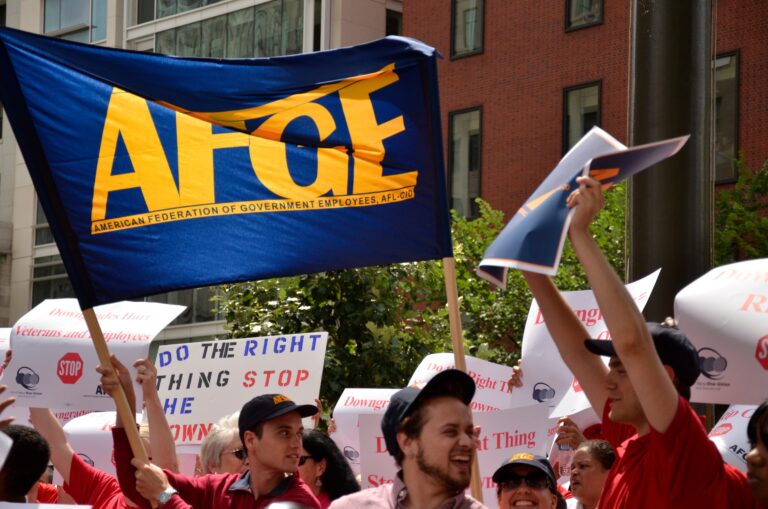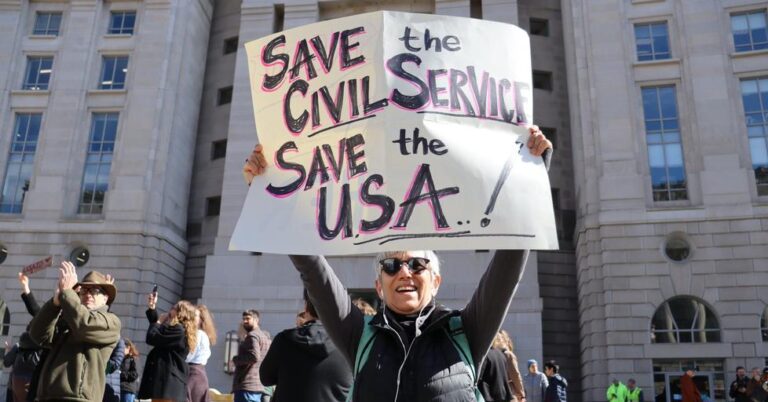Melissa Greenberg is a student at Harvard Law School.
Last night, President Trump delivered his first State of the Union address to Congress. In terms of policy goals, President Trump focused on infrastructure spending and immigration reform. President Trump put forth a $1.5 trillion infrastructure plan to “give us the safe, fast, reliable and modern infrastructure our economy needs and our people deserve.” The President also discussed his goal of revamping immigration policy in the United States, including his desire to change the current immigration system to a “merit based immigration system.” The full text of President Trump’s speech is available here.
Yesterday, Columbia University revealed its decision to refuse to bargain with its graduate student union. Following a 2004 decision by the National Labor Relations Board in Brown University, the NLRB in its decision in Columbia University determined that graduate students serving as teaching and research assistants are considered employees under the Act. Subsequently, the UAW won a union election at Columbia in the winter of 2016. In the election, graduate assistants voted to unionize 1602-623. Columbia University’s decision not to bargain will allow the university to appeal the certification of the union election and argue that graduate students should not covered by the Act before a court of appeals.
In the Conversation, Thomas Kochan, a professor of management at the MIT Sloan School of Management, asks, “why should [the decision of how to spend the new corporate tax cut] be left to CEOs? Don’t workers have a legitimate claim and stake in what is done with the profits they help produce?” While some union leaders have voiced their views on the tax law, workers in the United States have not been able to discuss how this money should be spent. Kochan discuss a study he is conducting with William Kimball, Duanyi Yang, and Erin L. Kelly on worker voice in the United States. He notes “one of the study’s key findings” is that “there are large voice gaps across a range of worker concerns and that they are largest on basic economic issues of compensation and benefits, promotions and job security.” He posits that this lack of voice on the job might be one of the reasons that nonunion workers are reporting more interest in joining a union if given an opportunity. Read more here.






Daily News & Commentary
Start your day with our roundup of the latest labor developments. See all
December 5
Netflix set to acquire Warner Bros., Gen Z men are the most pro-union generation in history, and lawmakers introduce the “No Robot Bosses Act.”
December 4
Unionized journalists win arbitration concerning AI, Starbucks challenges two NLRB rulings in the Fifth Circuit, and Philadelphia transit workers resume contract negotiations.
December 3
The Trump administration seeks to appeal a federal judge’s order that protects the CBAs of employees within the federal workforce; the U.S. Department of Labor launches an initiative to investigate violations of the H-1B visa program; and a union files a petition to form a bargaining unit for employees at the Met.
December 2
Fourth Circuit rejects broad reading of NLRA’s managerial exception; OPM cancels reduced tuition program for federal employees; Starbucks will pay $39 million for violating New York City’s Fair Workweek law; Mamdani and Sanders join striking baristas outside a Brooklyn Starbucks.
December 1
California farmworkers defend state labor law, cities consider requiring companies to hire delivery drivers, Supreme Court takes FAA last-mile drivers case.
November 30
In today’s news and commentary, the MSPB issues its first precedential ruling since regaining a quorum; Amazon workers lead strikes and demonstrations in multiple countries; and Starbucks workers expand their indefinite strike to additional locations. Last week, the Merit Systems Protection Board (MSPB) released its first precedential decision in eight months. The MSPB had been […]